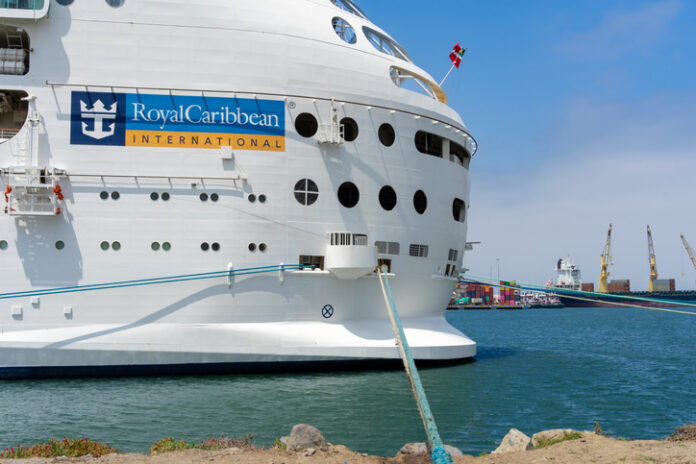Biosecurity New Zealand has been working closely with cruise lines to ensure their vessels arrive with clean hulls as the busy summer season approaches.
Biosecurity New Zealand expects to see 57 cruise vessels from 20 major lines make journeys to New Zealand during the summer cruise season which runs from October to April – an increase of nearly 30% from the 2022/23 season.
It is preparing for 1,194 port calls, compared with 988 during the last season.
“There has been a lot of effort in recent months to alert cruise lines about their biosecurity requirements, including ensuring they comply with New Zealand’s biofouling rules,” says Biosecurity New Zealand environmental health manager, Paul Hallett.
“Biofouling continues to be a major biosecurity threat. We know that almost 90% of the exotic marine species already in New Zealand likely arrived here as marine growth on the submerged surfaces of international vessels.”
Last season, Biosecurity New Zealand issued notices of direction to 11 vessels for failing biofouling assessments. In some cases, affected cruise ships were unable to visit environmentally sensitive areas like Fiordland.
“The season was challenging for some vessel operators. In many cases, cruise vessels had been sitting idle for many months during the pandemic. Long layups can contribute to marine growth and reduce the effectiveness of antifouling coatings,” Mr Hallett said.
“Despite the challenges, we commend the cruise industry for its compliance efforts. The majority of cruise ships visiting New Zealand met last season’s biofouling regulations. Those that didn’t, worked with us to address failings, and most were able to complete their full itineraries.”
He says there is high awareness about New Zealand’s biofouling rules among cruise lines this season and a keenness to comply.
“We know some vessels have undergone dry-dock cleaning in the lead-up to the season. Others have discussed more frequent cleaning as part of their management plans. And we had discussions about new scanning technology for underwater hull inspections.”
Cruise lines must demonstrate they meet a range of biosecurity requirements to gain approval to voyage to New Zealand.
“We’ve been asking cruise lines to submit biofouling documentation and craft risk management plans as early as possible. This has allowed us to provide early notification of any cleaning requirements, helping avoid voyage delays. We appreciate that cleaning the hull of a cruise ship is a difficult and complex task often dictated by the weather,” said Mr Hallett.



